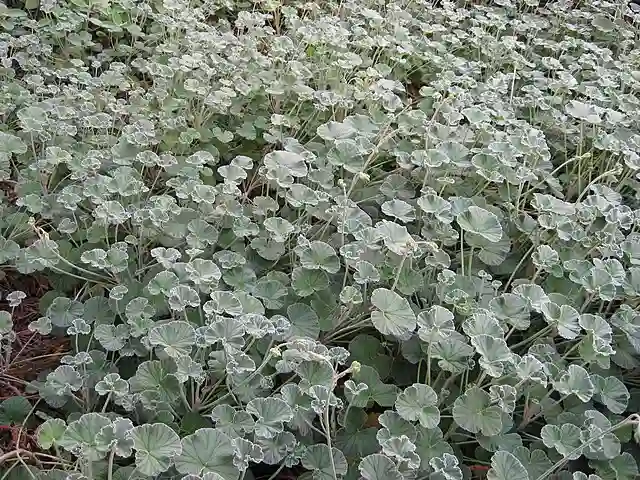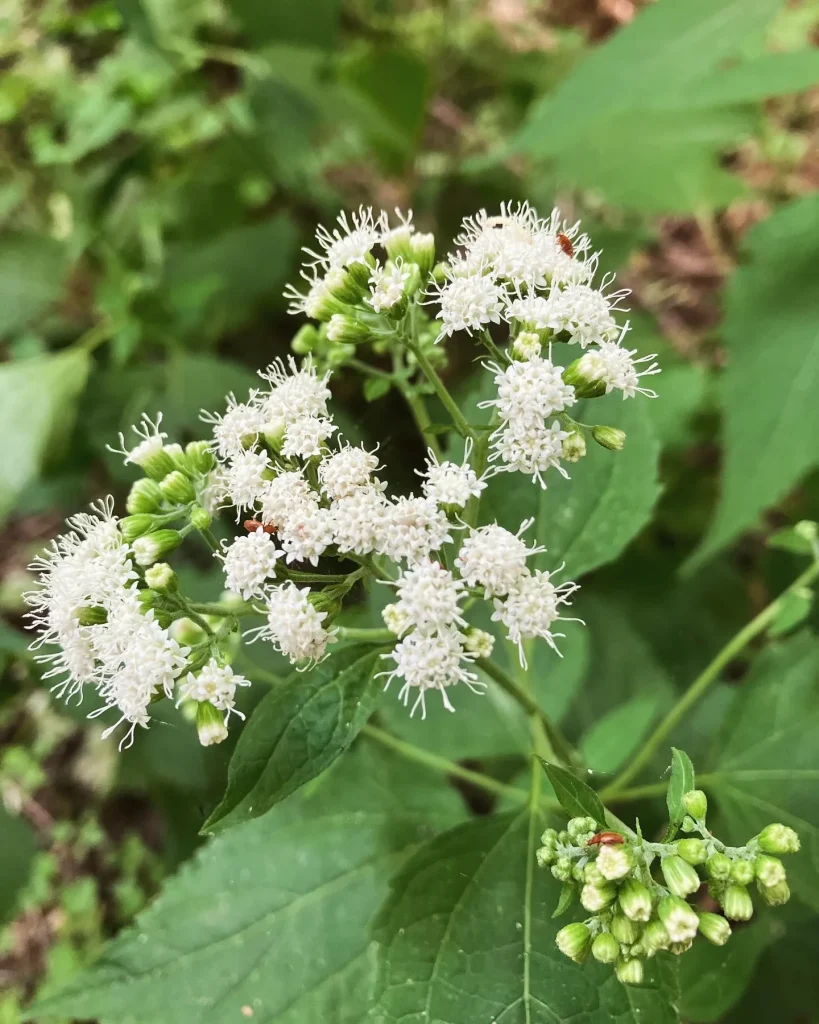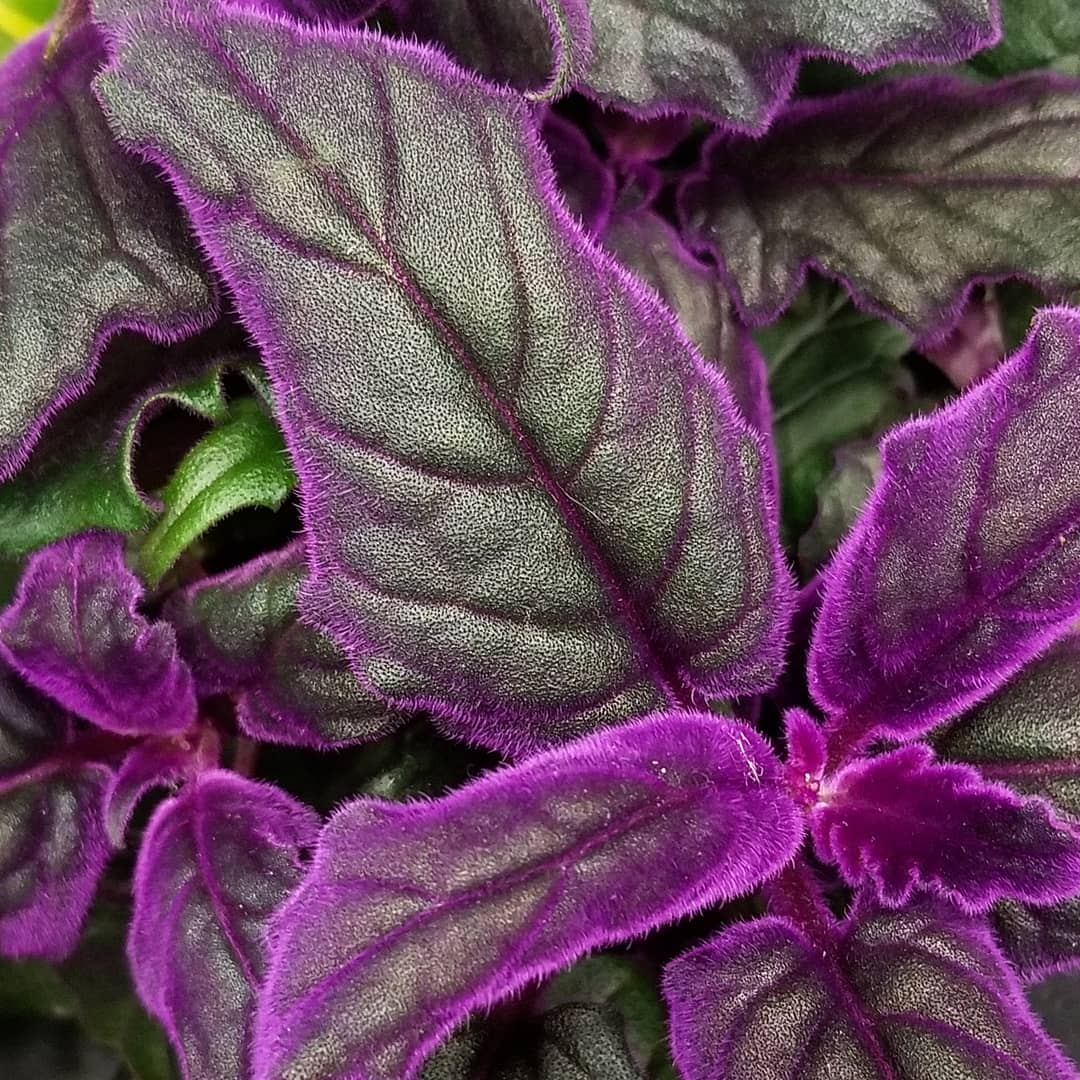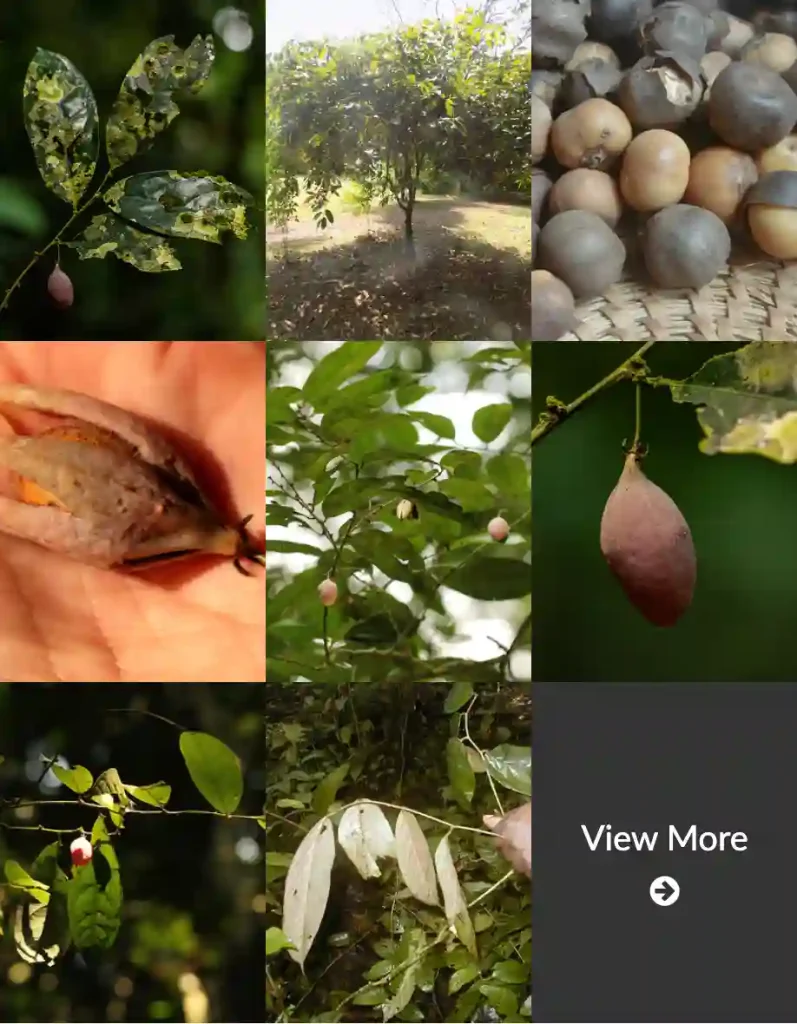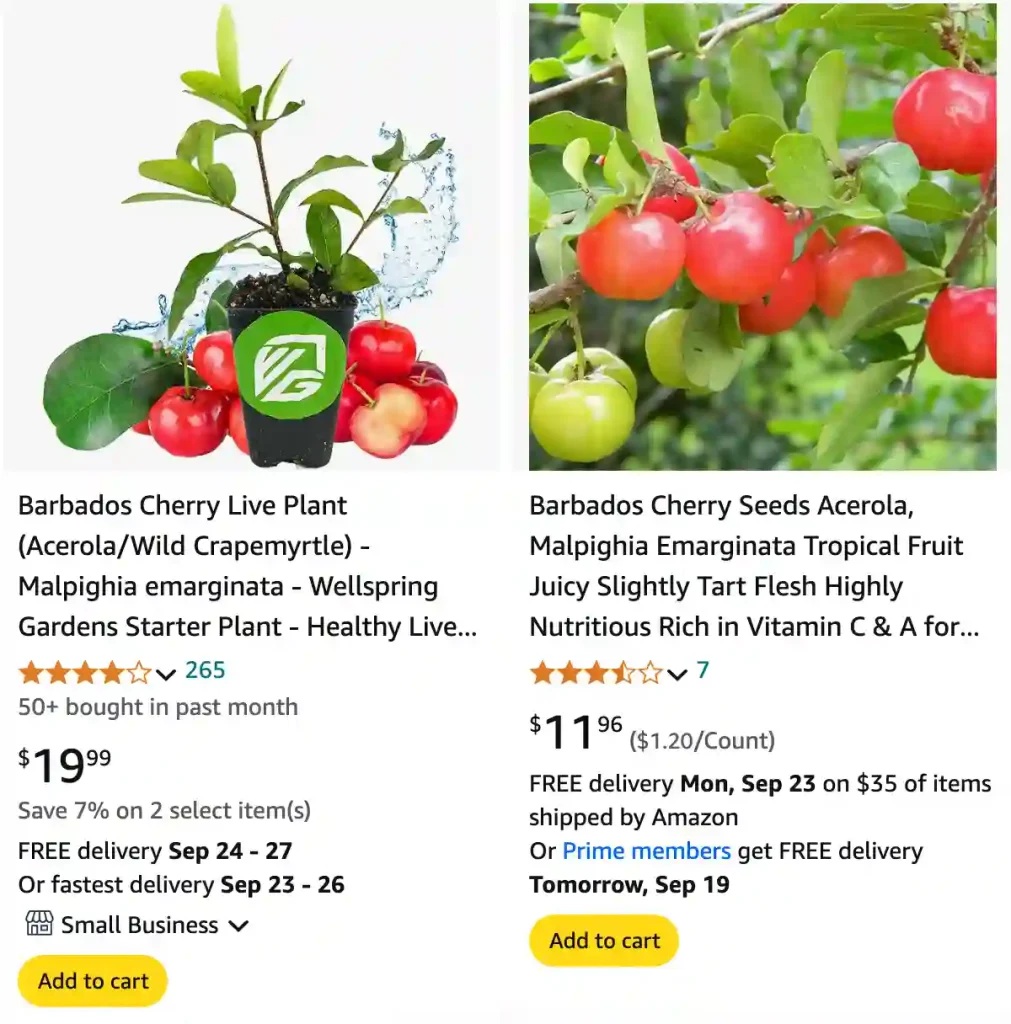
FAQs about Malpighia Emarginata
As someone deeply interested in plants, especially tropical and exotic varieties, I often find myself exploring lesser-known species that intrigue me. One such plant that has caught my attention is Malpighia Emarginata. Through my research and personal experience, I’ve compiled answers to some frequently asked questions about this fascinating tree.
What is Malpighia Emarginata?
Malpighia Emarginata, commonly known as Acerola or Barbados Cherry, belong to the Malpighiaceae family, is a tropical fruit-bearing shrub or small tree native to the Caribbean, Mexico, and Central and South America. It is prized for its small, bright red cherries that are rich in vitamin C and other antioxidants.
Plant Family: 73 Genera in Malpighiaceae
Where is Malpighia Emarginata Found?
Malpighia Emarginata thrives in tropical and subtropical regions. It is native to the West Indies, including Barbados (from which it gets its common name), and can also be found in parts of Mexico, Central America, and northern South America. Due to its popularity, it is cultivated in various other tropical regions worldwide.
How to Care for Malpighia Emarginata?
Caring for Malpighia Emarginata involves providing it with well-drained, acidic soil and regular watering. It prefers full sun to partial shade and benefits from occasional pruning to maintain its shape and promote fruit production. Mulching around the base helps retain moisture and suppresses weeds, which is particularly beneficial in its early growth stages.
How to Propagate Malpighia Emarginata?
Propagation of Malpighia Emarginata is commonly done through seeds, which should be planted in moist soil and kept warm until germination occurs. Air layering and cutting propagation methods are also effective but less commonly practiced due to their slower results compared to seed propagation.
Can You Grow Malpighia Emarginata Indoors?
While Malpighia Emarginata is primarily grown outdoors in tropical climates, it can be grown indoors in large containers or as a bonsai tree in areas with sufficient sunlight and humidity. Indoor-grown plants may not produce as much fruit as those grown outdoors but can still thrive with proper care.
Is Malpighia Emarginata Toxic?
No, Malpighia Emarginata is not toxic to humans or pets. In fact, its fruits are highly nutritious and widely consumed for their health benefits.
Benefits of Malpighia Emarginata
The Barbados Cherry offers numerous benefits, primarily due to its high vitamin C content. It boosts the immune system, supports skin health, and promotes overall well-being. The fruits are also used in culinary preparations, such as juices, jams, and desserts, adding a tangy flavor and vibrant color.
Common Problems with Malpighia Emarginata
Malpighia Emarginata is relatively low-maintenance but may be susceptible to pests like aphids and spider mites, especially when grown indoors. Overwatering can lead to root rot, while insufficient sunlight may result in reduced fruit production.
Malpighia Emarginata vs Malpighia Glabra
Malpighia Emarginata and Malpighia Glabra, often confused due to their similar names and appearance, differ primarily in their fruit characteristics. Malpighia Emarginata, or Acerola, typically produces smaller, tangier fruits with a higher vitamin C content compared to Malpighia Glabra, which yields larger but less acidic cherries.
What to Plant with Malpighia Emarginata?
Companion planting with Malpighia Emarginata can enhance its growth and health. Plants that thrive in acidic soil conditions, such as azaleas, camellias, and blueberries, make excellent companions. Additionally, incorporating nitrogen-fixing plants like legumes can improve soil fertility around the Barbados Cherry tree.
Conclusion
Malpighia Emarginata, or Barbados Cherry, is a delightful addition to any tropical garden or indoor plant collection. Its vibrant fruits, packed with vitamin C and antioxidants, offer both nutritional and culinary benefits. With proper care and attention to its specific needs, this small tree can flourish and reward growers with a bounty of flavorful cherries. Whether you’re a gardening enthusiast or simply curious about exotic plants, Malpighia Emarginata is sure to captivate with its beauty and utility.
If i die, water my plants!
